Small Spaces
choosing indoor plants
QUICK TIPS:
1. Match the plant with light levels
2. Air that dries the skin also dries leaves
3. Keep away from draughts
4. Allow plants a dormant period
5. Let the potting mix dry before watering
6. Clean dust from leaves
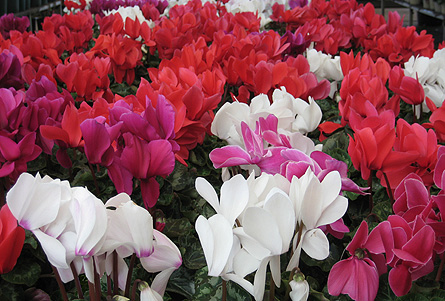
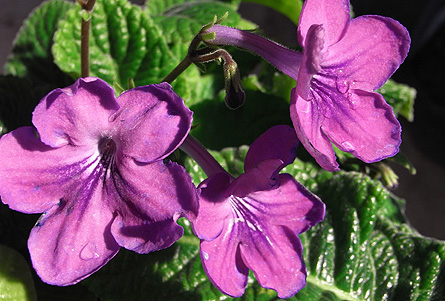
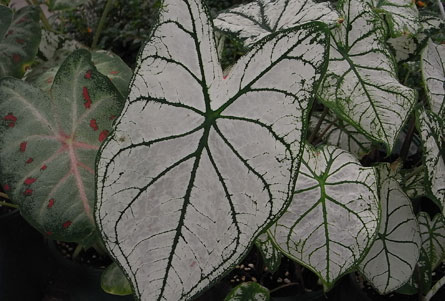
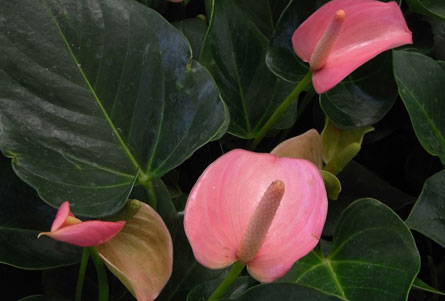
Not everyone has a garden but plants can be brought inside to "green" any indoor space and help purify the air.
No plant has evolved to grow indoors but many can adapt if given favourable conditions. A lot of the suitable plants come from constantly warm tropical rainforest areas where they grow in dark, shady conditions. Their typically large, dark green leaves - with lots of chlorophyll to make the most of low light levels - also make for attractive specimens in a pot.
As in the outdoors, the amount of light determines what plants grow where inside. Some need direct sunlight - not just near a window but where the sun gets through to hit the plant's leaves. A few can tolerate dark conditions - away from even the bright, indirect light around windows where it's hard to read.
The humidity of the tropics can be hard to replicate indoors outside a bathroom. Even the leaves of plants from drier climates can brown in air-conditioned rooms without some sort of humidifying system.
Though houseplants appreciate being kept protected from outside winter temperatures - and it's always best to keep them away of the sudden temperature shifts of draughts - it's good to give them a cooler, dormant period while the days are short and the light is soft.
It's also important to ease off watering and fertilising while growth slows through this time - they're just not needed and potentially dangerous to the plant. Like all plants in pots - and especially those sheltered from rain - indoor plants are dependent on being watered. But over-watering is a common killer. Check that the top centimetre or two of potting mix has dried before watering again.
Occasionally wipe down leaves before they collect enough dust to cut down light, block pores and restrict plant growth.
Use the Plant This Plant Selector to help you find plants to use indoors.
Comments (0)
Tell our Plant Selector what you want & like and we'll search thousands of plant profiles for compatible matches
Special Offers
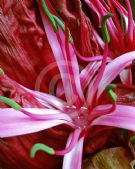
Plant of the Day
Gymea Lily
Plant type: evergreen soft-wooded perennial
H: 2.5m W: 4m
Sunlight: warm low sun to dappled light

Fast Facts
annuals & bulbs
Annuals are hungry for resources to rush them through their short life cycle. Most need to be well-fed and watered to perform to top garden standards.
Recently added small spaces articles
Most viewed small spaces articles
Get the Plant Selector's full features plus news, forums & competitions. Sign up, it's free.
Click here for more







You must be a member to share: Login or Register